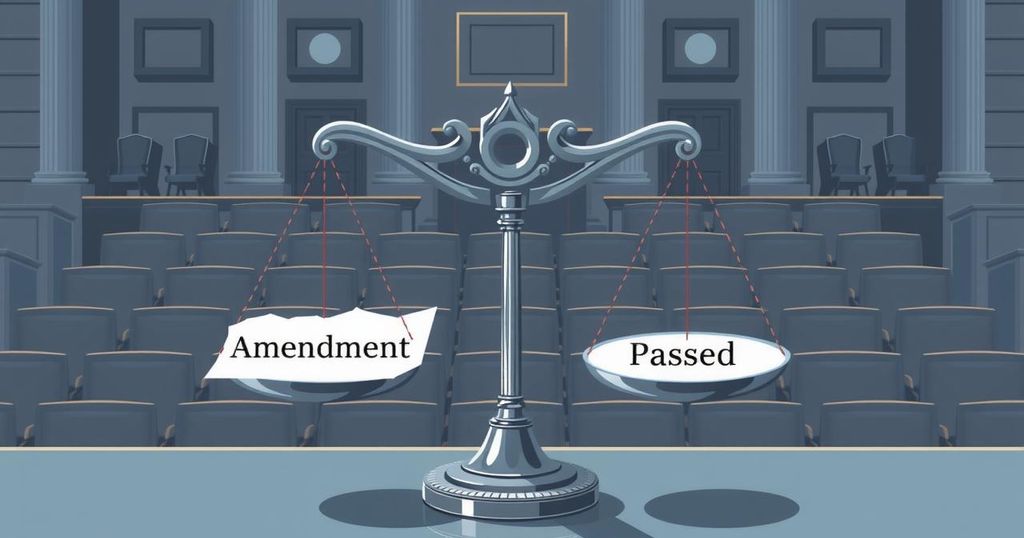Senate Amendments to Trump’s Megabill Mostly Fail During Vote-a-Rama
- Senate amendments to Trump’s megabill largely failed during the vote-a-rama.
- Sen. Collins proposed doubling rural hospital funding but her amendment failed.
- Cornyn and allies were pushing for further Medicaid cuts, which were rejected.
- Kennedy suggested a teacher supply deduction, but it was dismissed.
- An amendment preserving state AI regulations succeeded overwhelmingly.
Senate amendments struggle to gain momentum in vote-a-rama
Senate amendments on President Donald Trump’s much talked about ‘big, beautiful bill’ took centre stage during a recent vote-a-rama, but most didn’t finish where they needed to. Senators had their hopes dashed as many proposals, including those from notable Republicans, failed to make headway. It seems that aspirations for funding increases and budget cuts weren’t enough to sway a divided chamber this time around, which leaves uncertainty hanging over the bill’s future.
Collins’ rural hospital funding proposal falls short
Among the most notable flops was Senator Susan Collins’ push to enhance funding for rural hospitals. She sought to double the budget from $25 billion to $50 billion across the next decade, aiming to assist overburdened medical providers struggling financially. Collins argued that her proposed amendment was a necessary remedy for those hospitals facing closure, but it went down in flames, which appears to be particularly frustrating given its significance for rural America and its potential bipartisan appeal. Her intention to raise taxes on the wealthiest individuals added a layer of hope that might have attracted some Democratic support, but alas, that wasn’t the case.
Cornyn’s Medicaid cut amendments and others fail to pass
Meanwhile, Senator John Cornyn teamed up with a small cadre of colleagues in an attempt to cut even more from Medicaid. Their combined plan hoped to decrease funding by an additional $313 billion, something many in the Senate found troubling given that the base bill already planned to carve out around $930 billion. It was a heavy lift, and ultimately, their amendment was met with considerable resistance. Then there was the attempt by Senator Kennedy to allow teachers a deduction for out-of-pocket school supplies, which failed as well, further illustrating the difficulties senators faced during this voting spree. One bright spot did emerge, though; an amendment aimed at allowing states to enforce their own AI regulations sailed through with near-unanimated support — only one senator opposed it.
The recent Senate vote has highlighted multiple missed opportunities for amendments surrounding Trump’s megabill, especially concerning rural health funding and Medicaid cuts. Although varying proposals aimed at providing relief or gaining support fell flat, there was a notable success in preserving state authority over AI regulations. With the Senate split and growing dissatisfaction among lawmakers over funding priorities, the future of the bill remains as unpredictable as ever.




